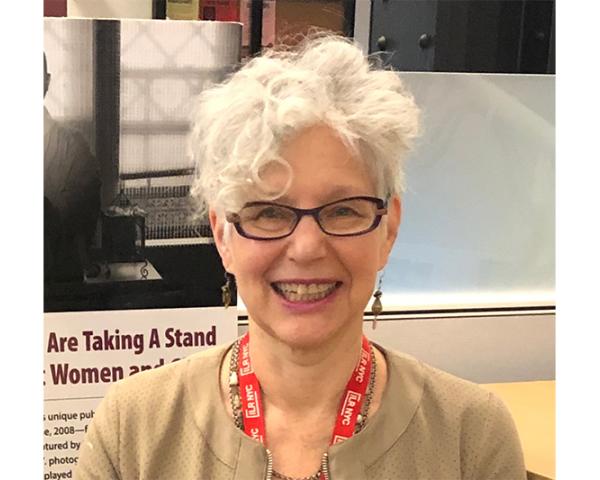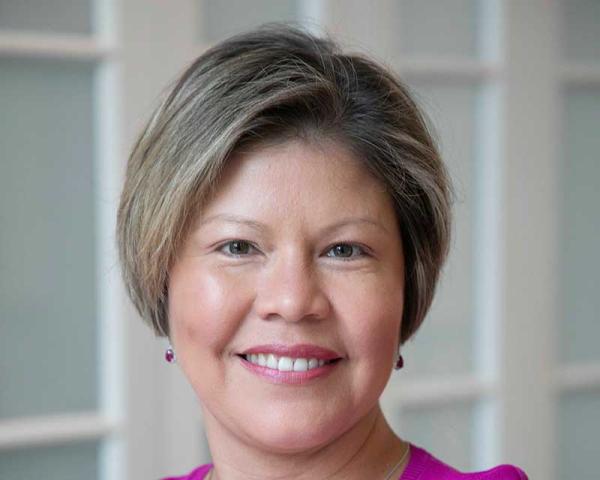The roots of discrimination, harassment, and bullying are deeply embedded in workplace culture — our workplaces are microcosms of society. Workers hold multiple dimensions of identity, and the intersection of these identities shapes their experiences, the strategies they use to address harm, and their fears of retaliation.
Unions and worker organizations, as worker representatives and employers themselves, are uniquely positioned to live up to their values of solidarity and safety. This cohort will support you to build long-term strategies to meet this moment — and to continue advancing justice within and beyond your workplaces.
This in-person two-day training series will equip leaders with the tools they need to proactively influence and change workplace culture.
- Part I, we will focus on the core principles and practices of prevention, with an emphasis on bullying, particularly around immigration status and other intersecting identities that impact workers’ safety and dignity.
- Part 2, we will focus on addressing gender-based harassment and violence, with a strong emphasis on LGBTQ+ and women workers, as well as the role of male allies. We’ll explore concrete tactics from the field, such as trainings, the creation of special committees, and using union constitutions and bylaws as tools for cultural change.
Approach & Features
This two day workshop, which is part of a series will include short presentations, case studies, small group work, group discussions, and role play. Participants will have an opportunity to discuss real challenges they face with peers in the workshop. This in-person workshop at Cornell’s New York City location, 570 Lexington Ave, is open to unions and worker justice organizations. As a cohort, participants will receive ongoing Cornell support in implementing skills and strategies after the workshop. Cornell ILR Certificates of Participation awarded for attendance at all two session sessions. This program is funded through public funding from New York State.
Course & Learning Objectives
- Understand legal, social, and union/worker justice frameworks around harassment, bullying, and workplace safety through a trauma-informed lens
- Identify behaviors defined as harassment and bullying under employment, health and safety, and collective bargaining laws.
- Explore how intersecting identities, especially for LGBTQI+ and immigrant workers, impact experiences, strategies, and fears of retaliation.
- Identify needs and gaps to promote deeper cultural change in your organization and apply interventions including:
- Measure workplace/union climate using participatory tools like cultural audits and needs assessments to center worker and survivor voices.
- Develop training to raise awareness, teach skills, and ensure accountability — from rank-and-file members to leadership.
- Facilitate conflict resolution strategies and models of group/committee work to address systemic issues
- Build skills to have cross-aisle conversations with members to neutralize opposition and build allies.
- Explore committee and group based equity efforts, including men as allies, peer support circles, DEI committees, and union-community partnerships.
- Design a blueprint of long-term strategies for your union or workplace, and join a learning cohort for continued support and action.
Who should enroll
- Worker justice & union elected leaders
- Stewards
- Union committee members
- Union staff in the public and private sectors who are involved in union governance, operations, representational and educational roles
- Worker center staff involved in program development.
- LGBTQ and gender justice advocates/allies





